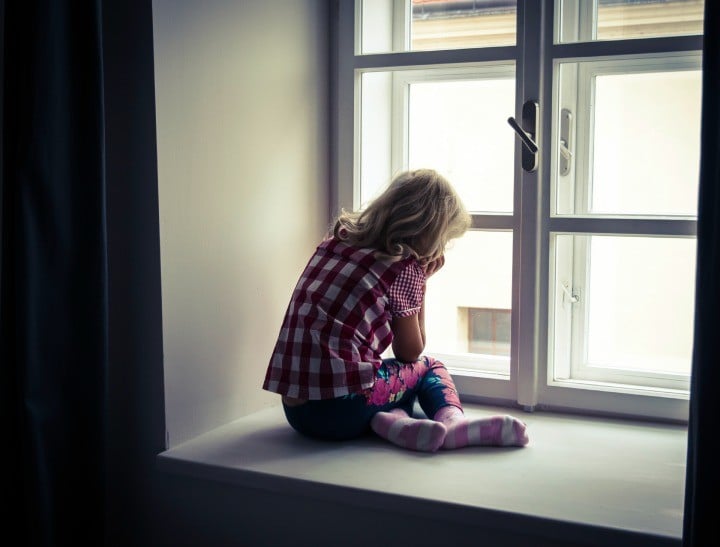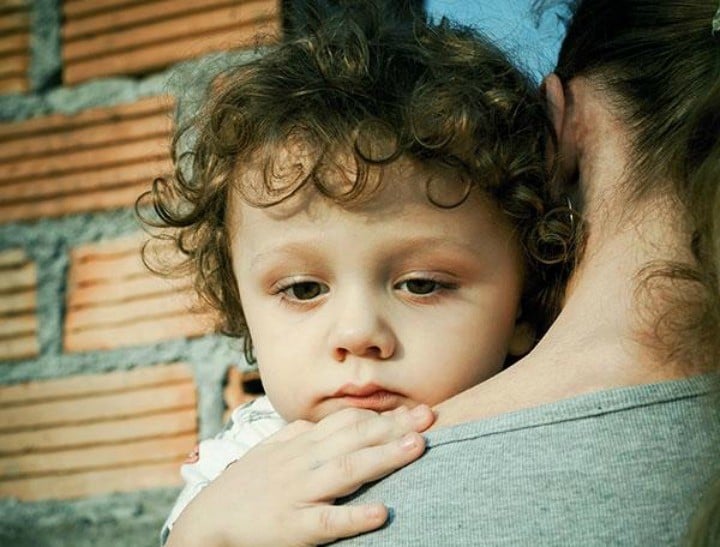

If you notice these warning signs, don’t ignore them.
If you ever overheard your parents fighting, you know only too well how upsetting it can be.
Now, imagine being a child in a family where domestic violence is the norm – where you experience the terror of watching your mother being hit or yelled at, and the fear of what could happen to you.
It’s heartbreaking. These children are helpless. These children need a voice.
Children’s safety and emotional wellbeing are directly linked to the safety of their primary carers, usually their mothers. We all know this. So when you consider the fact that one in six women has experienced physical or sexual abuse by a partner, then add to that more than half of women who report domestic violence have children, then that’s a lot of children who are being affected.
In Australia, one woman every week is being killed as a result of domestic violence. Recently the conversation surrounding this has changed. Domestic violence is often referred to now as ‘family violence’ to factor in the children who are also the victims.
Related: If your friend receives abusive texts, show her this.
In the 2001 National Crime Prevention Survey, almost one quarter of Australian youth reported having witnessed physical domestic violence against their mothers. That includes witnessing or being exposed to violence, being the victims of direct abuse or being injured while trying to intervene. There is even research showing that domestic violence can cause damage while children are in utero.
Violence towards children (or threats of violence) is also a strategy used by perpetrators to exert control over their partner or ex-partner and to undermine their parenting and the mother-child relationship. For mothers, such strategies create feelings of helplessness around protecting their children.

